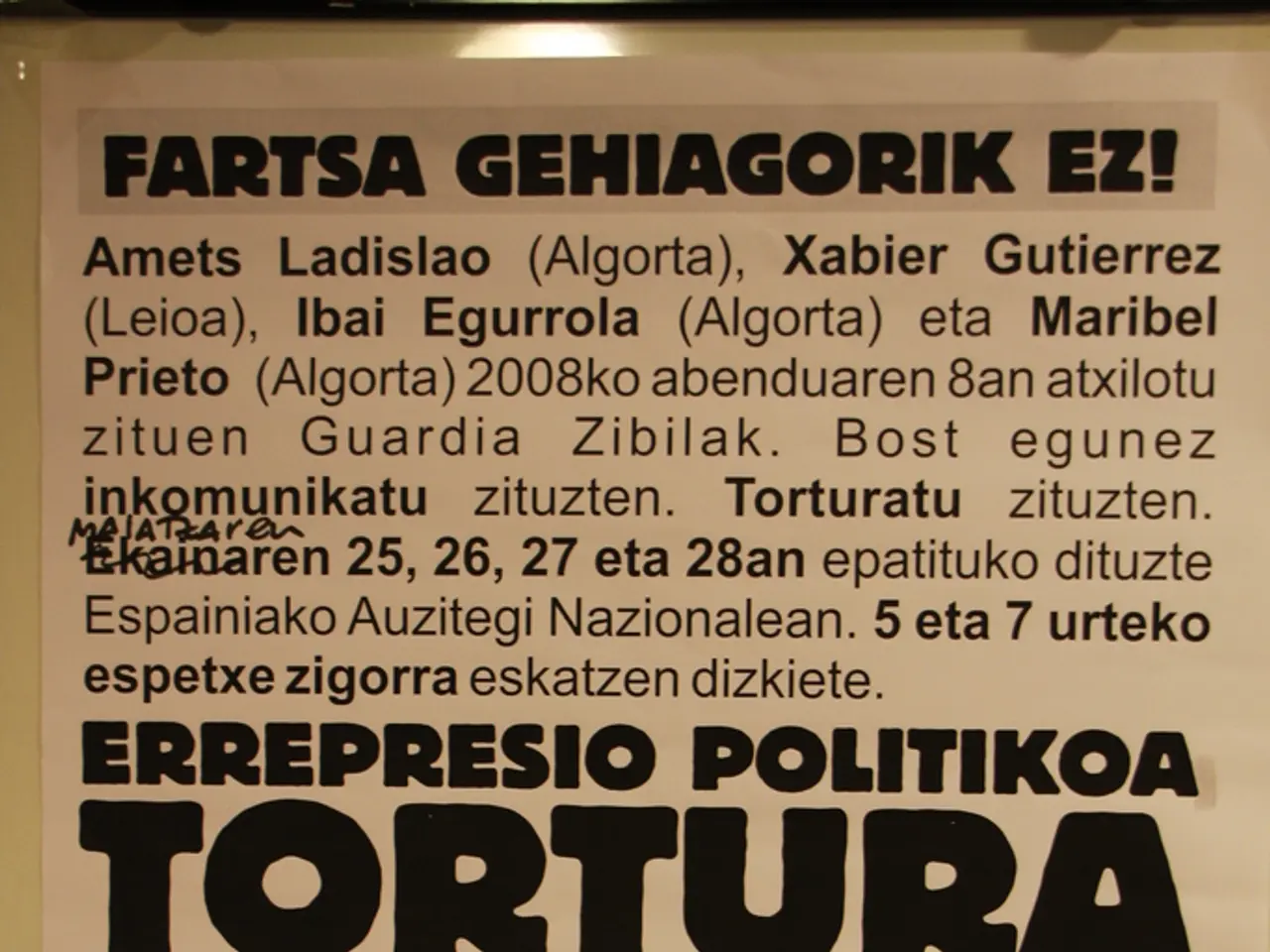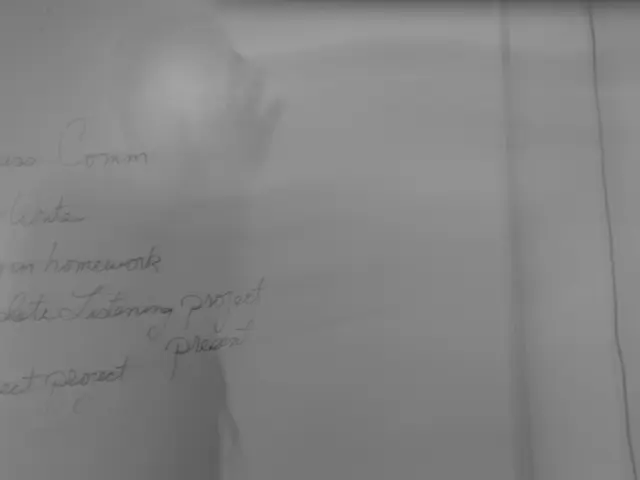Spain's Labor Minister Pushes for 60% IPMW, Tax Debate Continues
Spain's Minister of Labor and Social Security, Yolanda Díaz, is pushing for significant changes to the Interprofessional Minimum Wage (IPMW). She aims to make it at least 60% of the average wage, aligning with the European Social Charter. Díaz has proposed that a commission of experts be involved in determining the IPMW, with two tax proposals on the table.
Díaz has asked the advisory commission to consider two options: one where the IPMW is taxed in the IRPF and another where it is not. She has highlighted the benefits of the IPMW increase for women, young people under 35, and migrants. Díaz has emphasized the importance of revaluing the IPMW according to article 27 of the Workers' Statute.
Historically, there has been a disagreement between the Ministry of Labor and Social Security and the Ministry of Finance regarding the taxability of the IPMW for 2026. However, Díaz has confirmed that the Ministry of Finance will decide on this matter. She has also noted that Spain has had 'very low' wages compared to Europe, focusing on the median wage of 1,668 euros.
Díaz has qualified the IPMW as a 'social cohesion' tool and a 'success story' in Spain. She is in favor of fiscal education starting from the top, not from those who earn less. The IPMW for 2026 is expected to be tax-free, following an agreement between Labor and Finance for 2025 recipients.




